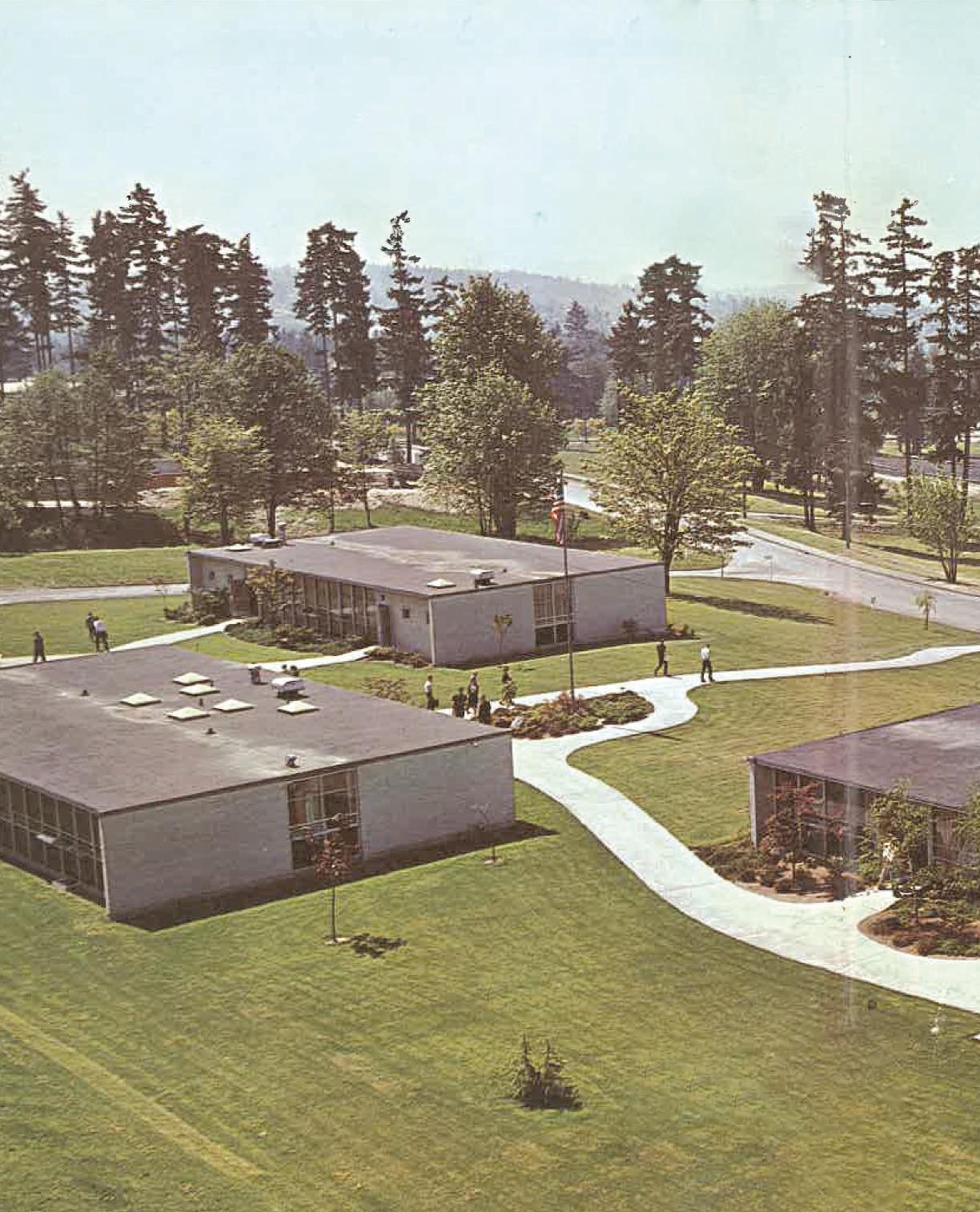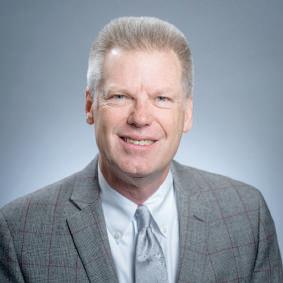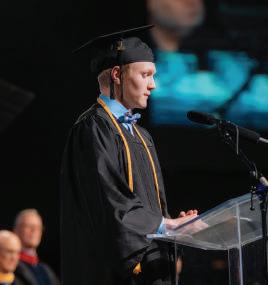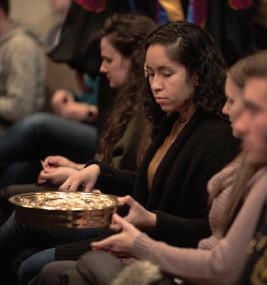
2 minute read
Kingdom Impact
Nothing holds greater importance for universities than their impact. Charles Habib Malik, one of the most important founding leaders of the United Nations and a serious Christian, saw the university as the most influential institution in the world: “This great Western institution, the university, dominates the world today more than any other institution: more than the church, more than the government, more than all other institutions.” He had a strong point. Through our halls pass almost all the world’s most prominent leaders in government, industry, business, culture, religion, arts and entertainment, health care, education, journalism, and in almost every other sphere of human interaction. Charged with shaping the lives of students during their most formative stage of life, universities cannot escape their duty to make a positive impact.
Impact seems to imply motion, and perhaps nothing moves slower than a traditional bricks-and-mortar university. Yet Northwest University is dynamic. Our Northwest Partnership Program has established church internship sites from coast to coast in America. Our nursing students do clinical rotations all over the world, and almost all our students complete a study abroad activity of some kind. In the summer of 2023, I’ll take a group of 30 students on an international business study tour of Singapore, where they will hear from top Singaporean business, government, and artistic leaders who consciously apply their Christian principles in that burgeoning economy and society. I hope our students will find inspiration to do the same. From the beginning, Northwest University has believed in the Great Commission and in our duty to impact the whole world for Christ, and our alumni serve the Kingdom of God and humanity in every time zone on the planet.
Universities make their impact through people, and I want to take this opportunity to celebrate the effect of our Provost Emeritus, Dr. Jim Heugel. Jim served for 24 years at Northwest University after 15 years in ministry at University of Washington Chi Alpha and at local churches. In mid-career, he completed his PhD in History in order to devote his considerable intellectual skill to teaching. His strong administrative talents quickly led to his appointment as provost 18 years ago, and as a result he has made a historic impact on the development of Northwest University. I encourage you to read about the transformational impact Dr. Heugel has had on Northwest University as its provost since 2005. (See page 14 of this issue.)
Of course, all of Jim’s achievements depended on teamwork, and he has worked with great teams here who deserve immense credit for his accomplishments. Still, I’ve never labored alongside anyone who works harder than Jim Heugel, and his impact has gone far beyond “the work.” He has strengthened and empowered everyone around him though his kindness and compassion and his stern insistence on drawing out the best in everyone. When I look at my 16 years at Northwest, I realize that I would have failed miserably without his executional skills. Ideas are worth little without action, and Jim Heugel always knew how to convert ideas into action and impact. We can never thank him enough for his tireless efforts and results.
We hope you enjoy this issue of Passages, which explores the impact of Northwest University through stories from influential alumni and through the reflections of key personnel who have announced their retirement this year. It won’t offer a comprehensive report on our impact, but hopefully an inspiring one. And we pray for your continuing impact on the world for God’s Kingdom.
Sincerely,
Joseph L. Castleberry, EdD President

Nu Mission
We, the people of Northwest University, carry the call of God by continually building a learning community dedicated to spiritual vitality, academic excellence, and empowered engagement with human need.


From a simple prayer decades ago, God is building a state-of-the-art learning community that now includes bachelor’s, master’s, and doctoral degrees in evergrowing fields of study. We’ve come a long way since the photo above showing Williams, Rice, and Fee Halls before they were combined to make up today’s Ness building.










